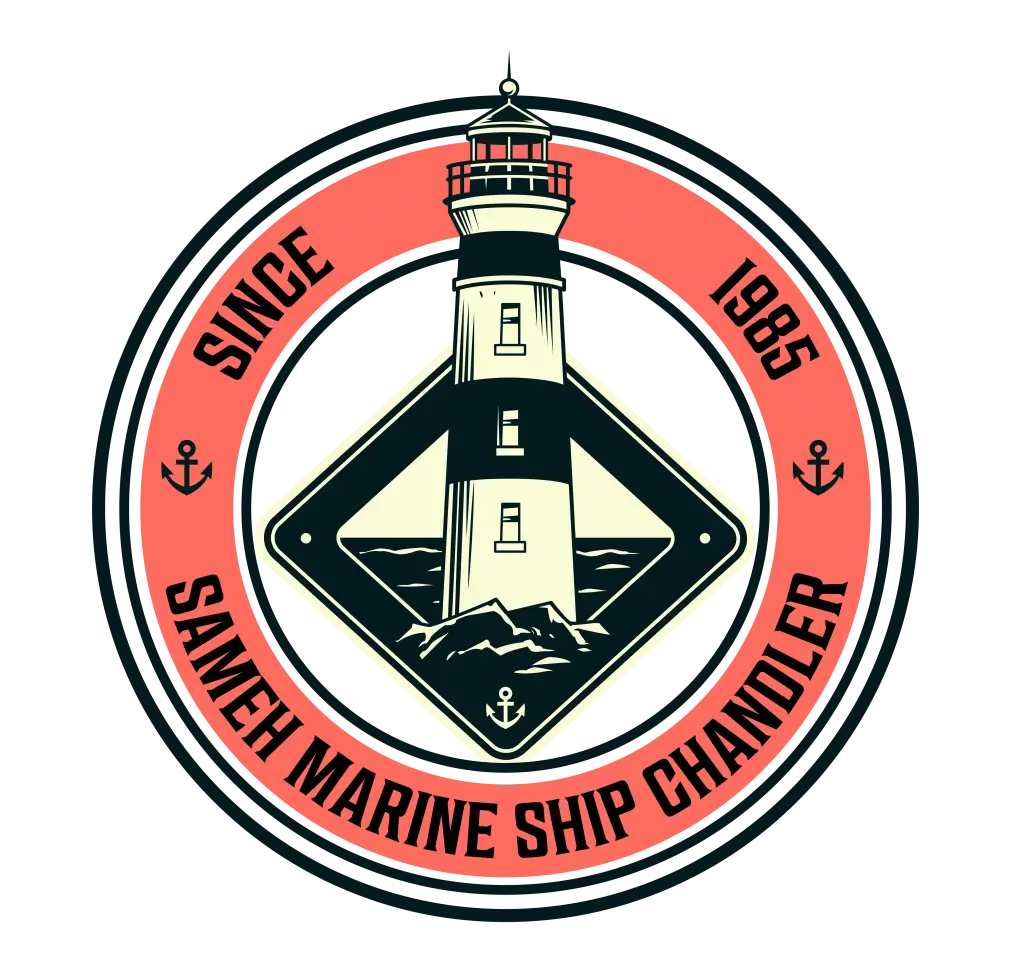The Suez Canal stands as a testament to human ability and engineering prowess, serving as a vital artery for global maritime trade. Stretching over 120 miles through Egypt, this artificial waterway connects the Mediterranean Sea to the Red Sea, providing a crucial shortcut for vessels travelling between Europe and Asia. This is where Bridge instruments calibration marine services Suez Canal come into play, ensuring the safety and efficiency of maritime operations. Amidst the effective traffic of cargo ships, tankers, and container vessels, the importance of precise navigation cannot be overstated.
Understanding Bridge instruments calibration services
Bridge instruments, essential components of a ship’s navigation system, encompass a range of devices designed to aid in safe passage through waterways. These instruments include gyrocompasses, radar systems, and Electronic Chart Display and Information Systems (ECDIS). Calibration of these instruments involves meticulous adjustment and testing to maintain accuracy and reliability in navigation readings.
The Significance of the Suez Canal
Constructed over a century ago, the Suez Canal has become an essential of international trade, facilitating the transit of millions of tons of goods each year. Its strategic location offers a crucial alternative route to the lengthy voyage around the southern tip of Africa, saving time, fuel, and operational costs for maritime operators worldwide. However, the narrow confines and challenging conditions of the canal demand precise navigation and vigilant adherence to safety protocols.
Why Calibration Services Matter in the Suez Canal
In the dynamic environment of the Suez Canal, where vessels of all sizes and types operate through a narrow channel, the accuracy of bridge instruments is paramount. Any deviation or error in navigation readings could lead to catastrophic consequences, including collisions, groundings, and disruptions to global trade. Calibration services ensure that Bridge instrument calibration services function optimally, providing reliable data for safe passage through the canal’s waters.
Types of Bridge instruments calibration services Used in the Suez Canal
- Gyrocompasses: These instruments serve as the primary source of directional information for vessels, offering stable and accurate headings regardless of the ship’s motion.
- Radar Systems: Crucial for detecting nearby vessels, obstacles, and navigational hazards, radar systems provide real-time information to aid in collision avoidance and situational awareness.
- ECDIS: Modern vessels rely on Electronic Chart Display and Information Systems to visualize digital charts, plan routes, and navigate with precision. Calibration ensures that ECDIS displays accurate and up-to-date information for safe navigation.
Importance of Regular Calibration
Regular calibration of bridge instruments is not merely a recommendation but a regulatory requirement enforced by maritime authorities worldwide. The International Maritime Organization (IMO) mandates that vessels undergo periodic calibration checks to maintain compliance with safety standards and regulations. By adhering to these requirements, ship operators demonstrate their commitment to safe and responsible navigation practices.
Understanding the Calibration Process
The calibration process involves a series of meticulous adjustments and tests conducted by certified technicians. These professionals utilize specialized equipment and precision instruments to verify the accuracy of Bridge instrument calibration services and make necessary adjustments to ensure optimal performance. Calibration checks may include calibration of sensors, alignment of components, and verification of instrument outputs against known standards.
Choosing the Right Calibration Service Provider
Selecting a reputable and experienced calibration service and many other underwater ship repair service providers is essential for ensuring the reliability and accuracy of Bridge instrument calibration services. When evaluating potential providers, consider factors such as accreditation, certifications, track record, and attachment to industry standards. Look for providers with a demonstrated commitment to quality assurance and customer satisfaction, as evidenced by positive reviews and testimonials from satisfied clients.
Benefits of Professional Calibration Services
Investing in professional calibration services offers numerous benefits for maritime operators navigating the Suez Canal and beyond:
- Enhanced Safety: Accurate navigation readings reduce the risk of collisions, groundings, and other navigational hazards.
- Operational Efficiency: Reliable Bridge instruments calibration services minimize downtime and operational disruptions, ensuring smooth and efficient passage through the canal.
- Regulatory Compliance: Compliance with international maritime regulations and standards demonstrates a commitment to safety and environmental stewardship.
Conclusion
Bridge instruments calibration services Suez canal play a critical role in ensuring the safety, efficiency, and compliance of maritime operations in the Suez Canal. By prioritizing regular calibration and selecting reputable service providers, ship operators can navigate the waters of the Suez Canal with confidence and peace of mind. As the global maritime industry continues to evolve, the importance of accurate and reliable navigation instrumentation cannot be overstated. Let us navigate the waters safely, with calibrated precision, ensuring the smooth flow of global commerce through the historic Suez Canal.
